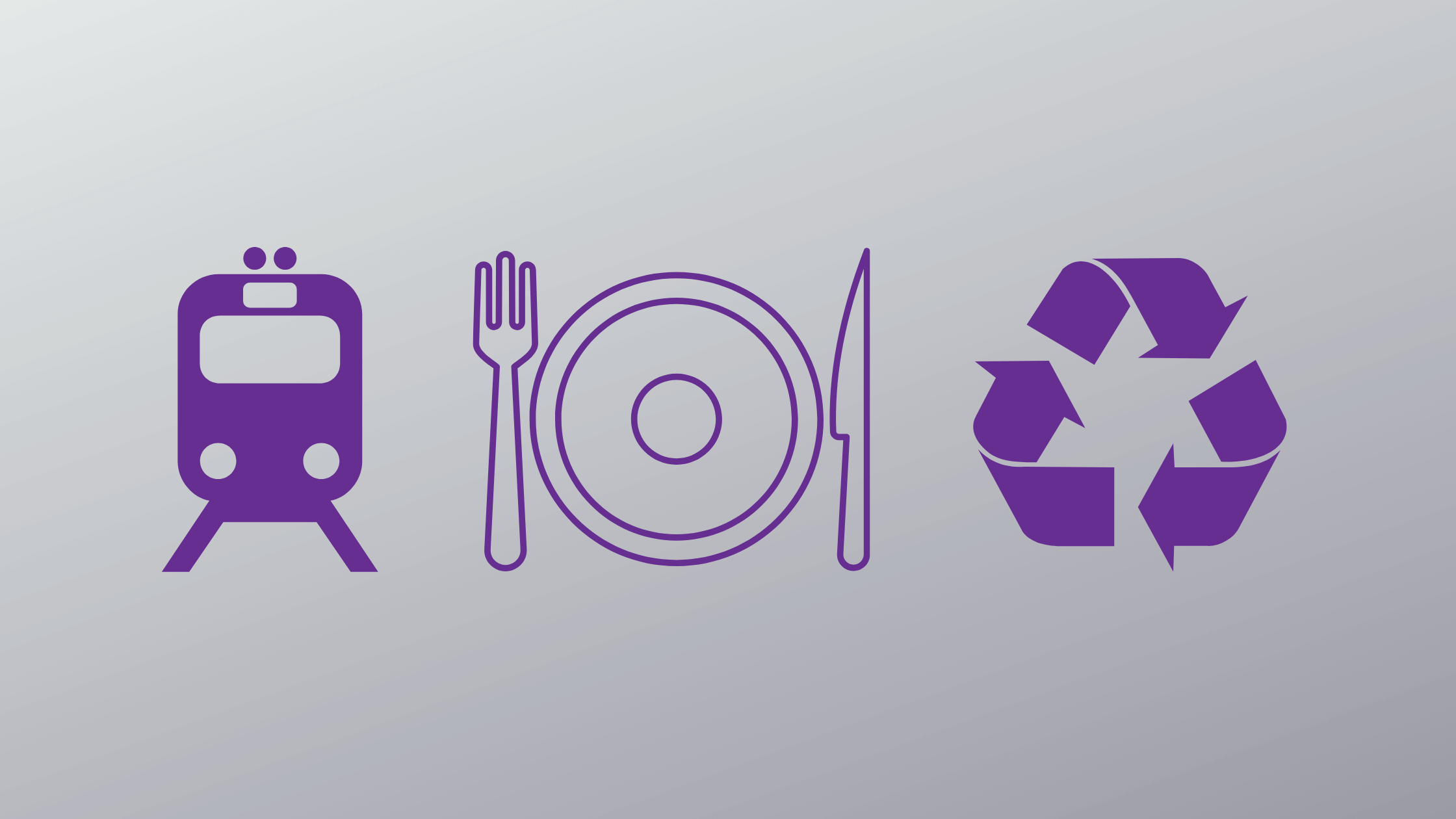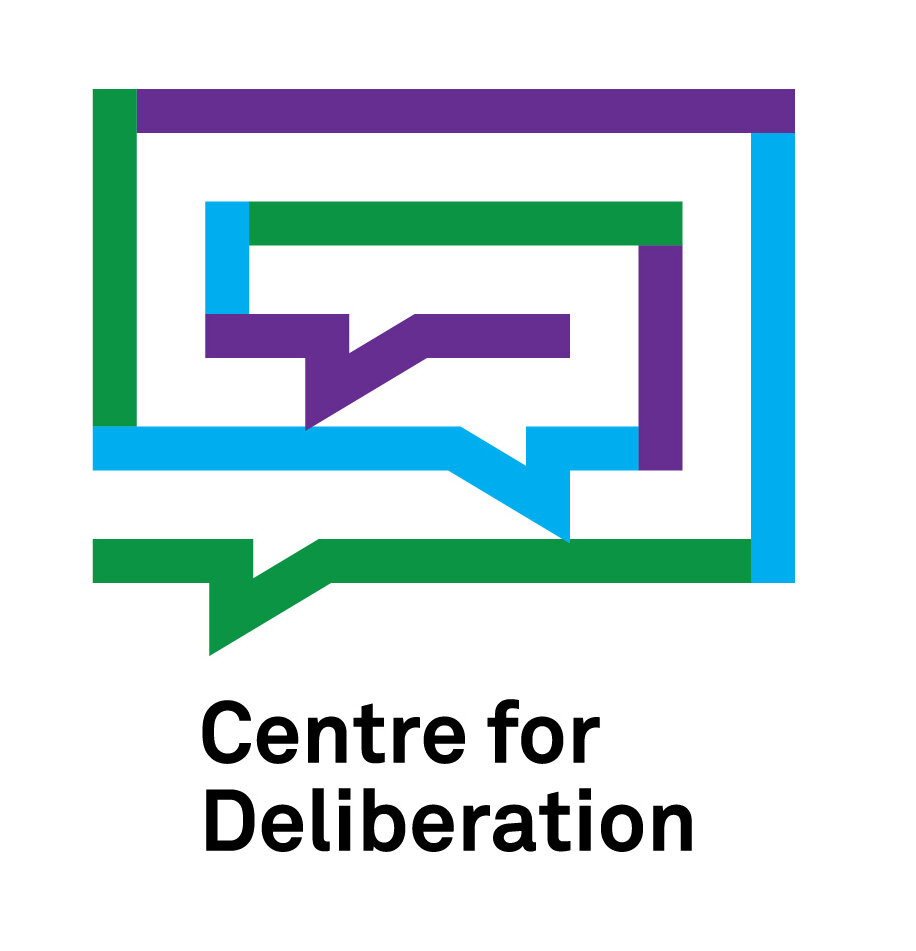Summary of the pilot in schools and universities – EuComMeet Platform

In November and December 2022, the pilot of the platform EuComMeet took place. It was the part of the Developing Participatory Spaces project using a Multi-stage, Multi-level, Multi-mode, Multi-lingual, Dynamic Deliberative approach on-going project. One of the consortium members, the organization Missions Publiques, was planning and supervising the course of the pilot.
The following people took part in testing the platform:
- students of two secondary schools Secondary School No. XIII named after Aleksander Fredro from Wrocław and CLV Secondary School with Bilingual Departments named after the Heroines of the Warsaw Uprising from Warsaw,
- students of the University of Warsaw and Wroclaw University of Technology.
The procedure
In 3 deliberative meetings, participants discussed plastic, mobility and consumption. Specifically, these discussions focused on solutions to be taken at local, national and European level. In this situation some of the groups talked in the company of facilitators, and some with the use of an automatic moderator. The role of junior moderators was performed by Borys Tencer and Shin Mazur. In asynchronous sessions, the same groups of people could participate in the forum over the course of 3 days. We also tested the automatic text translation in the chat in a debate with participants from different countries.
Access to information
During the process, the participants had access to information materials that were prepared by:
- the team of the Deliberation Center – dr hab. Anna Przybylska, Borys Tencer and Shin Mazur
- by experts:
- Dr. Robert Rybski, climate spokesman of the University of Warsaw,
- Dr. Małgorzata Osowska, BIObec project manager at the Educational Research Institute.
The preparation of local data was also supported by the City of Wrocław and the City of Warsaw. Thanks to the information provided by the Offices, the participants received information on the pro-ecological solutions used in both cities.
Further steps
The experiment provided important material for the study of innovative deliberative solutions and deliberations with the participation of young people. It was also a key stage before the main event, which will take place in spring 2023. During this time, several hundred citizens from 10 cities in 5 countries will participate in the debates.
The collected material will be used for further research on deliberation. Given that, it will be reflected in the doctoral dissertation prepared by Shin Mazur. Transcripts from the debates will be used in the seminar Techniques of moderation and assessment of their impact on deliberations about the environment. Case study. Students from of the Faculty of Sociology of the University of Warsaw will analyze the record of the discussion in relation to the role of the moderator in deliberation.
He is the project leader University of Siena . On the Polish side, the project manager is dr hab. Anna Przybylska from the Center for Deliberation at Faculty of Sociology at the University of Warsaw. This project received funding from the EU’s Horizon 2020 research and innovation program under grant agreement 959234.
